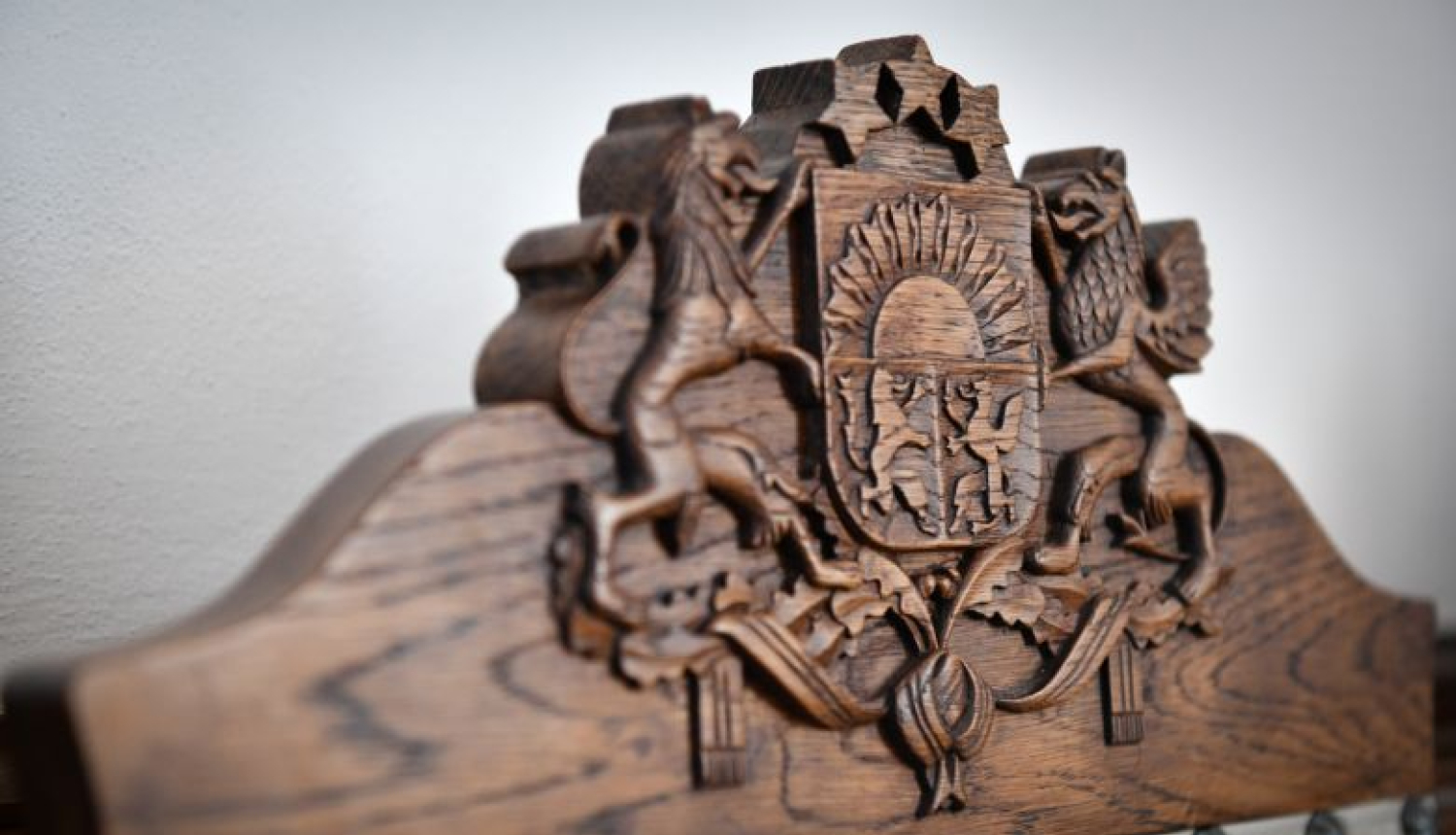On 28 June, President of Latvia Egils Levits promulgated the Latvian Historical Lands Law (the Law) adopted by the Saeima (Parliament) on 16 June 2021. President of Latvia, who initiated and coordinated the drafting of the law, has also sent a letter to the Saeima and the Administrative-Territorial Reform Committee, thanking its members for their input. Egils Levits also says big thank you to non-governmental actors, local communities and small cultural spaces of historical Latvian lands for their undivided support and active involvement in the drafting of the law.
President of Latvia has signed the bill into law and issued additional comments on how to make sure the Law reaches its objectives and supports preservation and sustainable development of cultural and historical environments and cultural spaces of historical Latvian lands.
As President Levits indicates, ‘purpose of this Law is to create the preconditions for maintaining the same level of diversity and integrity of Latvianness and cultural and historical environments of historical Latvian lands and small cultural spaces for the next generations as we see today. Law will also strengthen the cultural and historical identity and sense of belonging to historical Latvian lands across local communities’.
President Levits also indicates in his comments: ‘Preamble of the law identifies the origins of the Latvian nation. It is comprised of ancient Baltic tribes: Curonians (kurši), Latgalians (latgaļi), Selonians (sēļi), Semigallians (zemgaļi) and indigenous nation of Livonians. According to preamble, Law supports the concept of open Latvianness where Latvianness is also significantly influenced by traditional ethnic groups historically inhabiting Latvia at various periods of time. Although not expressly mentioned, the letter and the spirit of the Law considers all of these groups.
In addition to role of the Baltic Germans as one the local communities with deep historic roots in Latvia in shaping the Latvian nation as described in the preamble of the Law, Poland has also had notable influence on how Latgale and unique Latgalian cultural, historical and spiritual identity evolved in the context of Latvian nation. Moreover, the Duchy of Courland and Semigallia, which was actually, in the modern sense, the first sovereign state that existed in the territory of Latvia for 234 years, was indirectly linked to Poland in the sense of the public law. Sweden also played an important role in evolution of Latvian nation, especially Vidzeme. And when Latvian lands became part of the Russian Empire, up until the founding of the Latvian State it dominated the official framework in which national self-awareness of Latvians formed and their national aspirations were politically formulated as desire to become a nation state in their own independent Latvian State.
Cultural and historical identity of the Latvian nation has been influenced by all of these historic factors.’
As regards to common traits of historical Latvian lands, President of Latvia has already indicated previously that regional reform should not ignore the cultural and historical identity of local communities and their sense of belonging to a particular historical land (see Communication 7 ‘Comments on the proposed regional reform’ released by the President of Latvia on 25 February 2020). It must, however, be noted that regional reform adopted by the legislators is an integrated plan influenced not only by cultural and historical identity and affiliation, but also other social, political and economic factors.
President insists that successful implementation of the Latvian Historical Lands Law heavily depends on the involvement and funding of municipalities, non-governmental organisations, local communities and small cultural spaces. It is important to remember ‘that implementation of such horizontal policy requires significant government and local support and adequate funding for these purposes’. Cabinet of Ministers should make sure that sufficient funding is allocated in the 2023 budget for the implementation of the Historical Latvian Lands and Cultural Spaces Development Plan (Paragraph 4 of the Transition Provisions of the Law). Ministry of Culture should also receive immediate funding for drafting of the Historical Latvian Lands and Cultural Spaces Development Plan and Secretariat of the Latvian Historical Lands Council.




